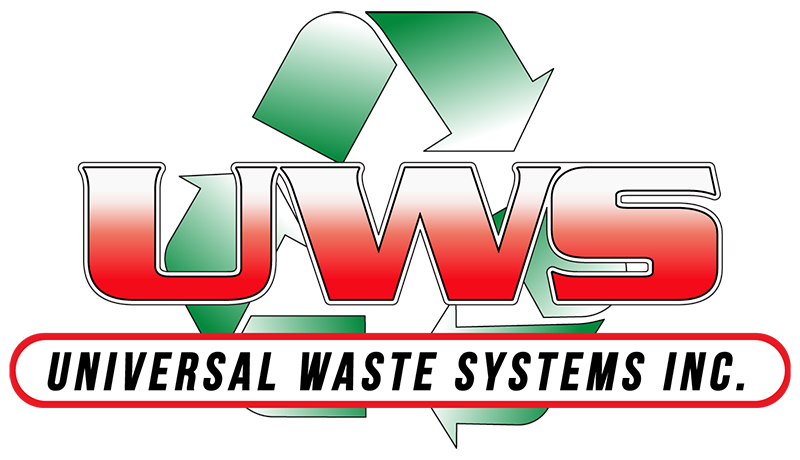Blog
How to Effectively Maintain Your Septic System for Optimal Performance
Maintaining a septic system is crucial for ensuring its optimal performance and longevity. A well-functioning septic system not only protects the environment but also safeguards your property from potential health hazards and costly repairs. Many homeowners overlook the importance of regular maintenance, which can lead to clogs, odors, and system failures. To avoid these issues, it is essential to understand the various components of your septic system and the role of professional septic services in its upkeep.
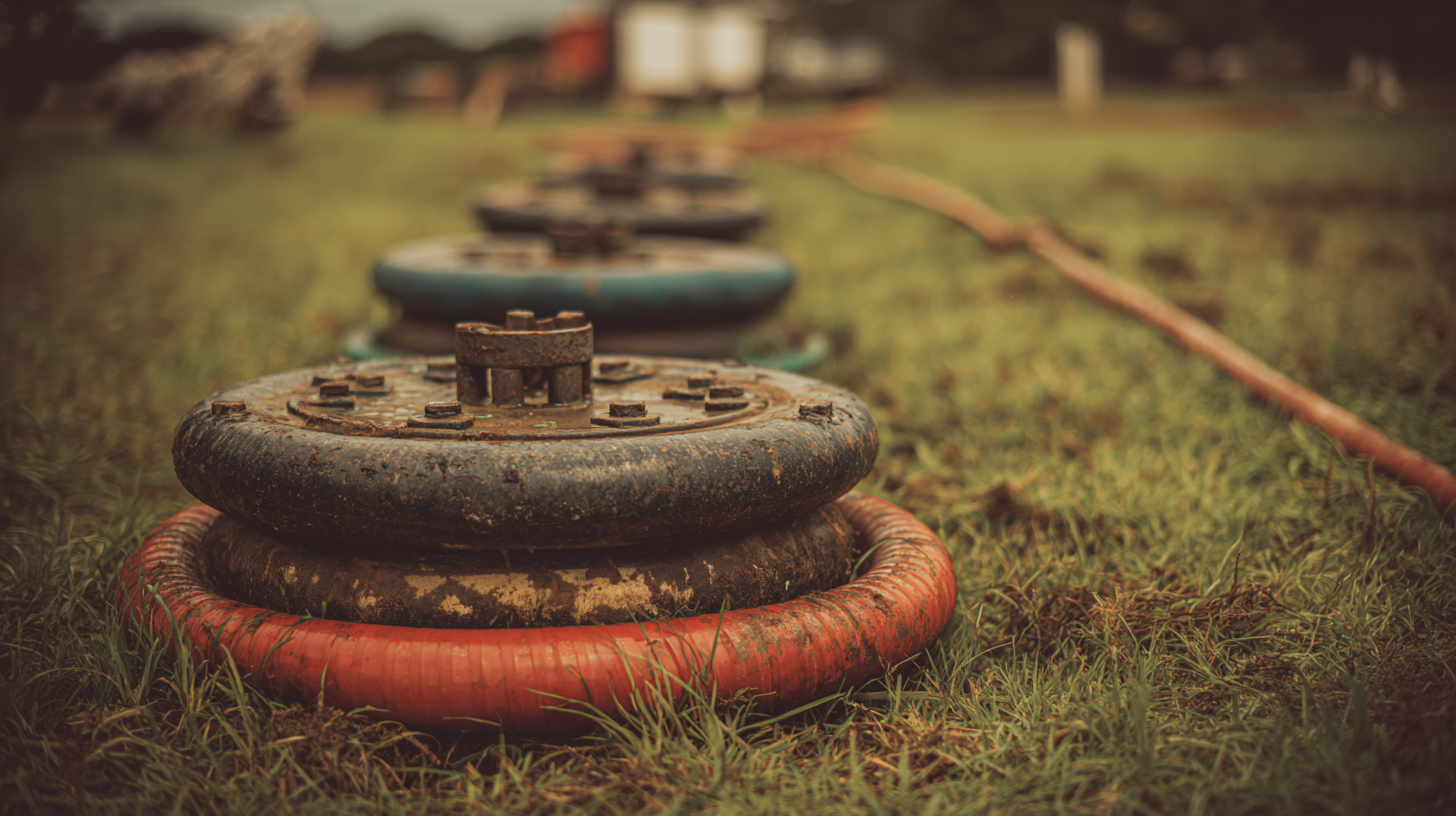
This guide will provide you with practical tips and best practices for maintaining your septic system, ensuring you can enjoy a healthy and efficient waste disposal solution for years to come. By prioritizing septic maintenance, you will not only extend the life of your system but also contribute to a cleaner and safer community.
Identifying Key Components of Your Septic System for Regular Maintenance
When maintaining your septic system, understanding its key components is essential for ensuring optimal performance. A typical septic system consists of a septic tank, drain field, and distribution box, all of which require regular inspection and care. Routine checks on the septic tank’s sludge and scum levels are crucial; if these layers are allowed to accumulate excessively, they can lead to clogs and system failure.
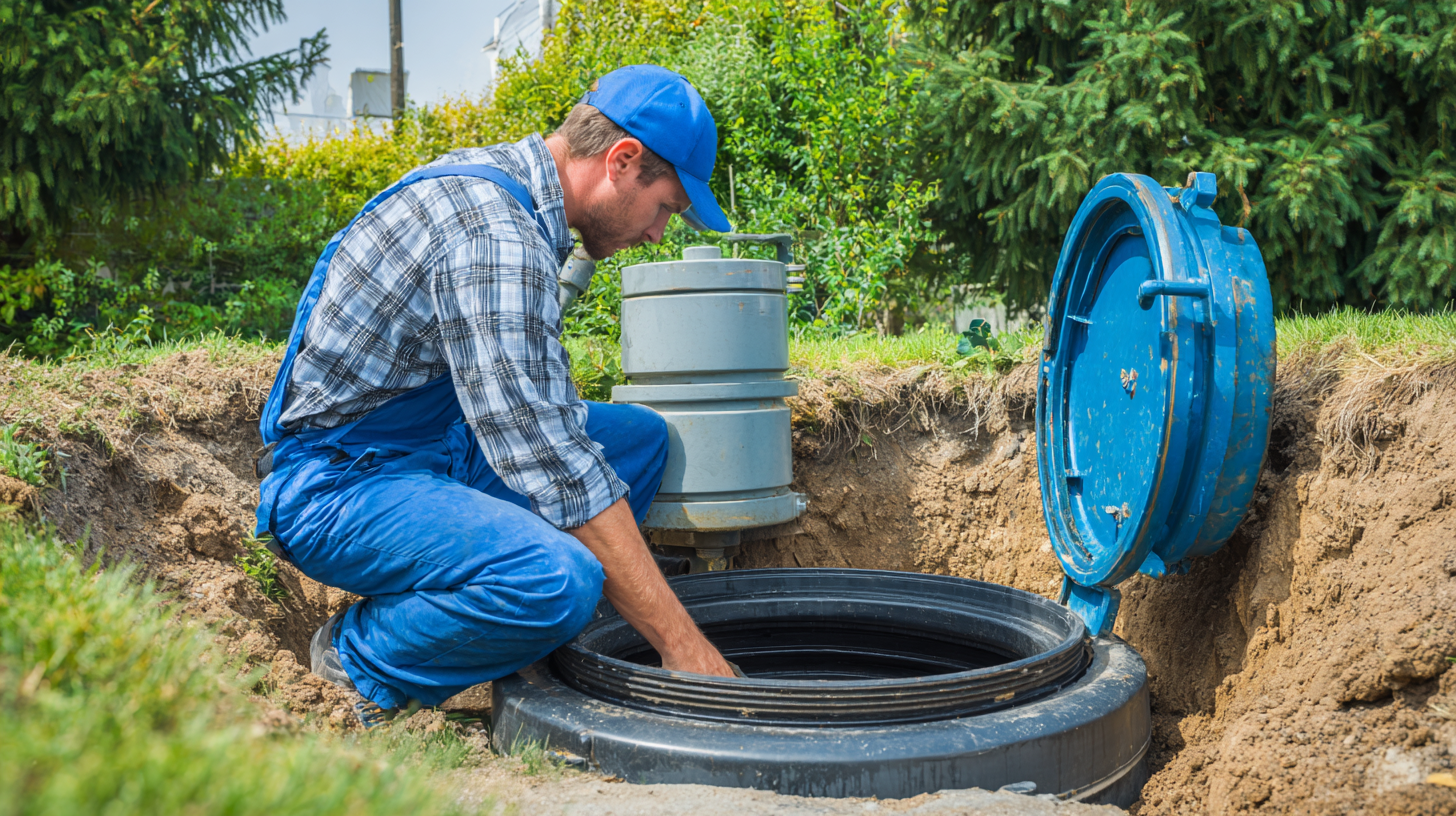
Moreover, inspecting the drain field for signs of pooling water or lush vegetation can indicate malfunctioning drainage, underlining the importance of monitoring your system proactively.
In addition to routine maintenance, it's vital to recognize potential signs of septic system failure. Homeowners should remain vigilant for issues such as slow drains, unpleasant odors, or sewage backing up into the home. These symptoms can disrupt daily life and lead to costly repairs. By keeping an eye on these indicators and ensuring timely emptying of the septic tank—typically every 3-5 years, depending on usage—homeowners can sustain their system's efficiency and longevity, preventing more extensive problems that could arise from neglect.
Regular maintenance not only keeps your septic system running smoothly but also contributes to effective wastewater management, reflecting a greater responsibility in homeownership.
Essential Practices for Routine Inspection and Monitoring of Your Septic System
Routine inspection and monitoring are crucial for ensuring the optimal performance of your septic system. Regular checks help you catch potential issues before they escalate into costly repairs. Start by inspecting the system's components, including the tank, distribution box, and drain field. Look for visible signs of trouble such as odors, damp spots, or backups. These indicators can signal that your system needs immediate attention.
Tips for maintaining your septic system include scheduling annual inspections with a qualified professional. They can perform a thorough evaluation and pump the tank as needed, usually every 3 to 5 years. Additionally, monitor your water usage; excessive water can overload the system, leading to failure. Be mindful of what goes down the drain—avoid flushing non-biodegradable materials and opt for septic-safe products to protect your system’s health.
Lastly, keep the area surrounding your septic system clear. Avoid planting deep-rooted plants and trees nearby, as their roots can infiltrate and damage the system. Maintaining a clear zone allows for proper airflow and prevents any interference that could compromise the effectiveness of your septic system.
Septic System Maintenance Practices - Frequency
Tips for Managing Household Wastewater and Minimizing System Strain
Managing household wastewater effectively is crucial for maintaining the health of your septic system while minimizing unnecessary strain. One of the primary steps in achieving this is to be mindful of what goes down the drain. Avoid flushing non-biodegradable items, such as wipes, sanitary products, and excessive amounts of paper towels, as these can clog the system and disrupt the natural decomposition process. Instead, place these items in the trash to ensure that your septic tank functions properly and efficiently.
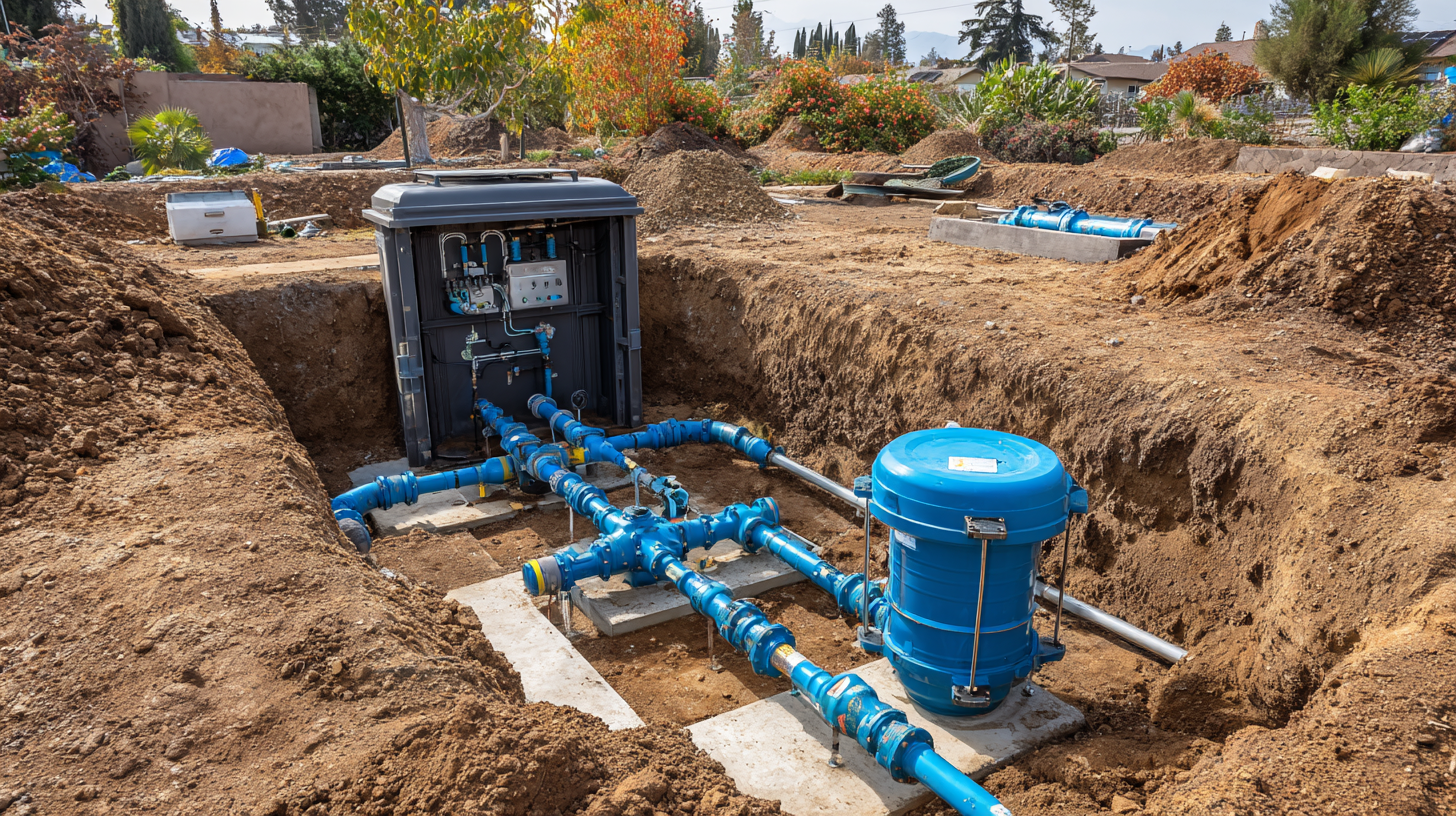
Another important aspect of septic system management is water conservation. By reducing water usage during daily activities, such as showering, washing dishes, and laundry, you can prevent overloading the system. Implementing simple practices like fixing drippy faucets, using a broom instead of a hose to clean driveways, and running dishwashers and washing machines only with full loads can significantly decrease the volume of wastewater generated. Additionally, consider spreading out laundry loads over the week to avoid overwhelming the tank in a short period. By taking these proactive steps, you can help safeguard the longevity and performance of your septic system.
Scheduling Professional Pumping and Maintenance for Optimal System Function
Regular professional pumping and maintenance are crucial for ensuring the optimal function of your septic system. According to the Environmental Protection Agency (EPA), proper maintenance typically involves inspecting and pumping the system every three to five years, depending on the household size and wastewater production. Neglecting this essential service can lead to inefficiencies that not only compromise the system's performance but can also result in costly repairs or replacements.
Scheduling regular maintenance allows for timely inspections that can identify potential issues before they escalate. A study from the National Small Flows Clearinghouse underscores that households that adhere to this schedule can significantly reduce the risk of system failures, which can cost anywhere from $3,000 to $10,000 for repairs. Ensuring the system is pumped correctly and regularly helps prevent sludge buildup, which can obstruct drainage fields and lead to backflow problems in your home. By investing in professional services, you enhance the longevity of your septic system and maintain a safe and healthy environment for your family.
Signs of Trouble: Recognizing When to Call for Septic System Repairs
Recognizing the signs of septic system failure is crucial for homeowners aiming to avoid costly repairs and ensuring optimal system performance. Common indicators that your septic system is in distress include slow drains, unpleasant odors, and unusually green patches of grass over the drain field. According to recent reports, routine maintenance can significantly extend the life of your septic system, potentially saving homeowners thousands of dollars in repair costs.
To keep your septic system functioning properly, here are some tips to consider: First, schedule regular inspections and pumping—most experts recommend every three to five years, depending on usage. Second, be mindful of what you flush or pour down the drain, as non-biodegradable items can lead to clogs and backups. Lastly, keep an eye on the landscaping near your septic system; avoid planting deep-rooted trees and shrubs that may disrupt the underground components.
With the approach of events like 'Septic Smart Week,' homeowners are reminded by public health authorities of the importance of proactive maintenance practices. Following these guidelines not only leads to better system performance but also contributes to the overall health of the environment.
How to Effectively Maintain Your Septic System for Optimal Performance - Signs of Trouble: Recognizing When to Call for Septic System Repairs
| Signs of Trouble | Recommended Action | Frequency of Maintenance | Potential Cost |
|---|---|---|---|
| Foul Odors | Inspect and repair tank | Annually | $150 - $300 |
| Slow Drains | Clear blockages, consider pumping | Every 2-3 years | $200 - $500 |
| Water Pooling in Yard | Evaluate drainage and check for leaks | As needed | $350 - $700 |
| Frequent Backups | Immediate inspection and repair | As experienced | $150 - $400 |
| Unpleasant Smells | Check for leaks and repair as needed | Every year | $200 - $300 |
Related Posts
-
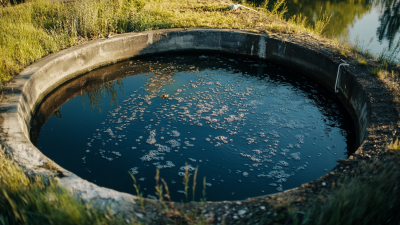
Essential Insights for Understanding Septic Services and Their Benefits
-
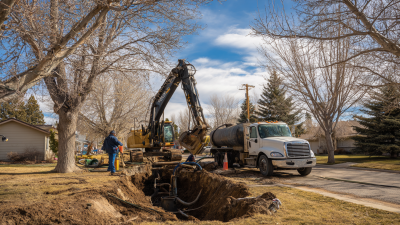
5 Essential Septic Services Every Homeowner Should Consider for Optimal Maintenance
-
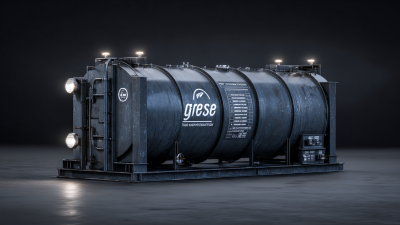
How to Embrace 2025 Trends in Grease Interceptor Technology for Optimal Efficiency
-

Ultimate Checklist for Finding the Best Garbage Removal Service in Your Area
-

What is the Importance of Efficient Trash Removal for Sustainable Urban Development
-

The Ultimate Handbook for Global Buyers: Mastering Trash Disposal Solutions
Request a Quote
Fill out the form below and one of our specialists will contact you to discuss your questions and needs.
